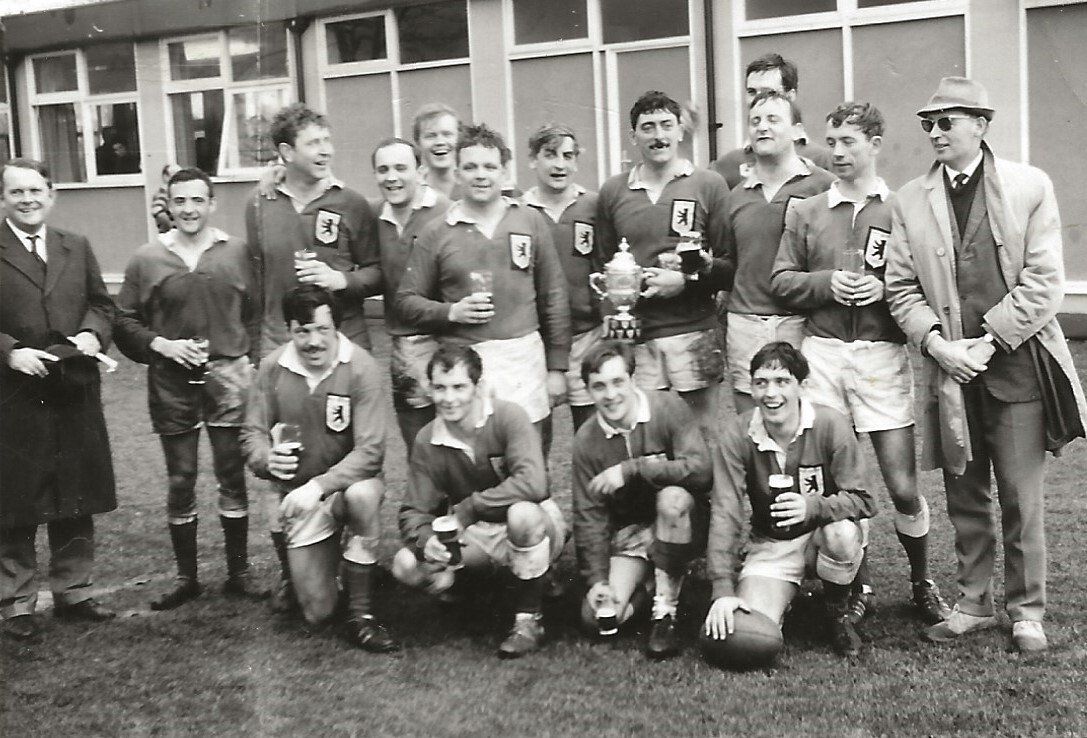In order to get the best out of shopping in Berlin, we quickly had to get used to handing three different currencies: British Armed Forces Special Vouchers (‘BAFs’); Deutschmarks; and US Dollars.
West Berlin was the only place where BAFs were in use at the time. These vouchers – copying the pre-decimalisation coinage and notes of British currency – were issued to the troops and were usable only in the NAAFI establishments. The reason for their initial issue was to circumvent usage of local currency in black marketing operations after WW2. They probably survived only in Berlin for political reasons, to emphasise the city’s special status. Even when decimal currency was issued in UK in 1971, a new denomination series of BAF Notes was distributed to the British forces in Berlin.
We all received our decided local allotment of pay in BAFs. We could also pre-order Deutschmarks, to be used for all transactions outside the camp. Additionally, when required, we could exchange these Marks for Dollars at the Post Exchange (‘PX’) – the US Forces equivalent of NAAFI – whenever we wished to shop there. By carefully manipulating the currencies used, we were able to get the best value available at all locations.





















